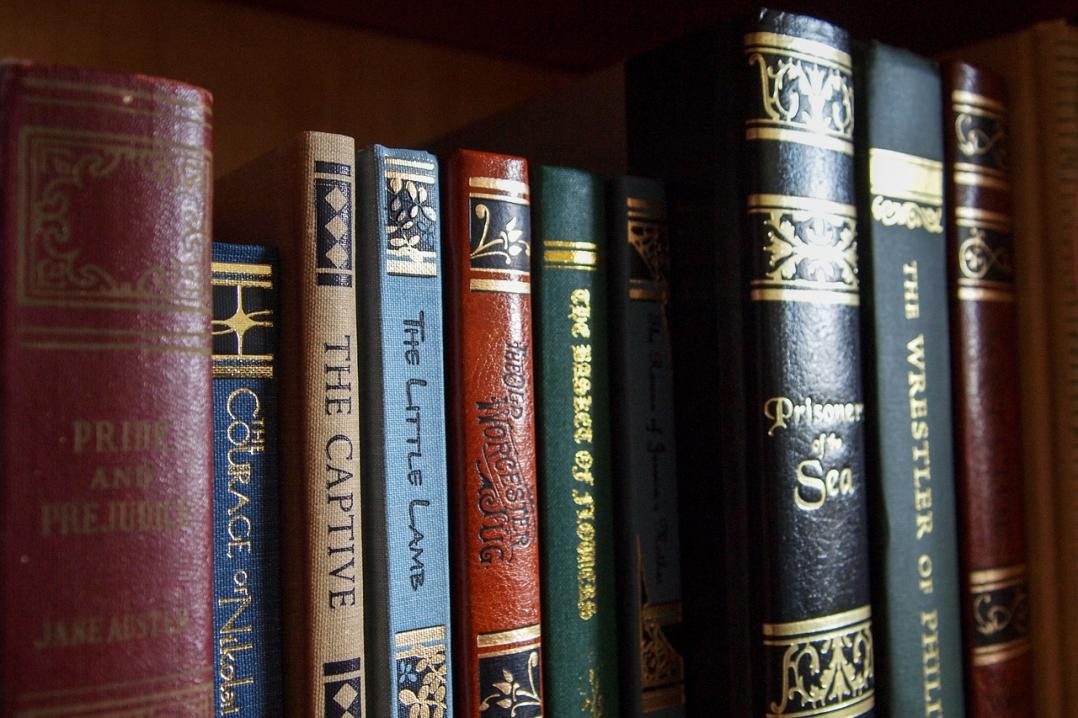How Can Book Reviews Contribute to the Preservation and Appreciation of Literary Heritage?
Book reviews play a crucial role in the preservation and appreciation of literary heritage. They serve as a valuable resource for readers, scholars, and literary enthusiasts alike, providing insights into the significance, context, and impact of literary works. This article explores the historical context, functions, and challenges of book reviews, highlighting their contribution to the preservation and appreciation of literary heritage.

Historical Context:
Book reviews have a long and rich history, evolving alongside the development of literature itself. Notable book reviewers throughout history have shaped literary criticism and influenced the formation of literary canons. These reviewers have provided valuable insights into the cultural and historical context of literary works, helping readers understand and appreciate their significance.
Functions Of Book Reviews In Preserving Literary Heritage:
- Documentation and Archiving: Book reviews serve as a record of literary works and their reception, providing valuable insights into the cultural and historical context of a book.
- Critical Analysis and Evaluation: Book reviews offer critical analysis of literary works, highlighting their strengths and weaknesses, helping readers understand and appreciate the literary merit of a book.
- Dissemination of Information: Book reviews disseminate information about new and upcoming books, reaching a wider audience, promoting literary works, and encouraging readers to explore new authors and genres.
Book Reviews As A Form Of Literary Criticism:
Book reviews play a significant role in shaping literary criticism and discourse. They provide a platform for critical analysis, allowing reviewers to engage with the text, interpret its meaning, and evaluate its literary value. Book reviews influence literary reputation and canon formation, shaping the way readers and scholars perceive and appreciate literary works.
Appreciation Of Literary Heritage Through Book Reviews:
- Understanding Literary Movements and Trends: Book reviews provide insights into literary movements, trends, and styles, helping readers understand the evolution of literature and its impact on society.
- Cultural and Historical Context: Book reviews offer a glimpse into the cultural and historical context in which a book was written, helping readers appreciate the book's relevance and significance in its time.
- Engaging with Diverse Perspectives: Book reviews present diverse perspectives on literary works, encouraging readers to engage with different interpretations, fostering critical thinking, and promoting a deeper understanding of literature.
Challenges And Opportunities:
- Objectivity and Bias: Maintaining objectivity and avoiding bias in book reviews can be challenging. Ethical and responsible reviewing practices are essential to ensure fair and accurate evaluations.
- Accessibility and Inclusivity: Greater accessibility and inclusivity in book reviews are needed to ensure diverse voices and perspectives are represented in literary criticism.

Book reviews are a valuable resource for preserving and appreciating literary heritage. They provide critical analysis, disseminate information, and shape literary criticism. By engaging with book reviews, readers can gain a deeper understanding of literary works, appreciate their cultural and historical context, and engage with diverse perspectives. Book reviews play a vital role in ensuring that literary heritage is preserved, appreciated, and passed on to future generations.
YesNo

Leave a Reply